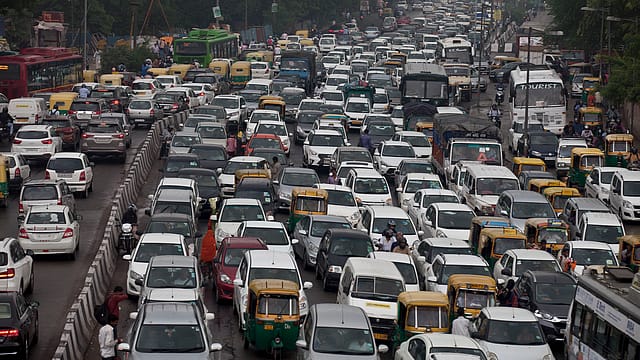No need to buy multiple personal accident covers
ADVERTISEMENT

The New Year will be slightly lighter on the pockets of vehicle owners in the country. Thanks to a circular from the Insurance Regulatory and Development Authority that separates personal accident cover from the comprehensive vehicle insurance policy from January 1 onwards. This will significantly bring down the additional premium outgo costs while making a new purchase.
Customers were earlier mandated to buy multiple personal accident covers for every car they own. A two-wheeler or a four-wheeler owner would typically buy a comprehensive vehicle insurance policy which would include insurance against theft and damage, personal accident cover, and a third-party insurance cover.
While a personal accident cover is meant for the owner/driver, the third-party insurance is for any damage caused by someone else to another person’s vehicle.
According to the Motor Vehicles Act, 1988, both the third-party insurance cover and personal accident cover are compulsory. But there is a discrepancy. If someone owns two cars, it was compulsory for him/her to buy two personal accident covers.
January 2026
Netflix, which has been in India for a decade, has successfully struck a balance between high-class premium content and pricing that attracts a range of customers. Find out how the U.S. streaming giant evolved in India, plus an exclusive interview with CEO Ted Sarandos. Also read about the Best Investments for 2026, and how rising growth and easing inflation will come in handy for finance minister Nirmala Sitharaman as she prepares Budget 2026.
But IRDAI’s latest announcement changes that. Now, the insurance policy has been divided into two parts—one with the comprehensive insurance cover and the other is a personal accident cover, which will now be a standalone cover. This means that since the personal accident cover is no more a part of the comprehensive vehicle insurance policy, it has been made voluntary—significantly bringing down the initial insurance costs.
Maruti Suzuki's chairman R.C. Bhargava, during his media address after the company's September quarter results, pointed out "increasing insurance premium" as one of the reasons for poor sales. “The change in insurance norms has hit the demand. Recently, there was an increase in insurance premium, which costs customer around Rs 9,000 more at the time booking, which affects the sales.”
Maruti Suzuki posted a surprise 9.8% drop in its net profit for the quarter ended September.
Insurance premium has been a burden for consumers since September 1 after changes in the insurance policy. “Let’s suppose that before September 1 you wanted to purchase a Rs 10 lakh vehicle, the premium was expected to be around Rs 30, 000," says Gaurav Vangaal, senior auto analyst at IHS Markit. He explains that one would have to shell out three times that amount, that is Rs 90,000, to insure the same vehicle, which is a burden.
While increasing insurance premium is affecting India’s auto industry for quite some time, this move by the insurance regulator is expected to bring in some relief.
The stock market has responded positively to the news. The Nifty Auto index on Thursday closed 0.96% or 88.05 points higher at 9,254.20 points.
